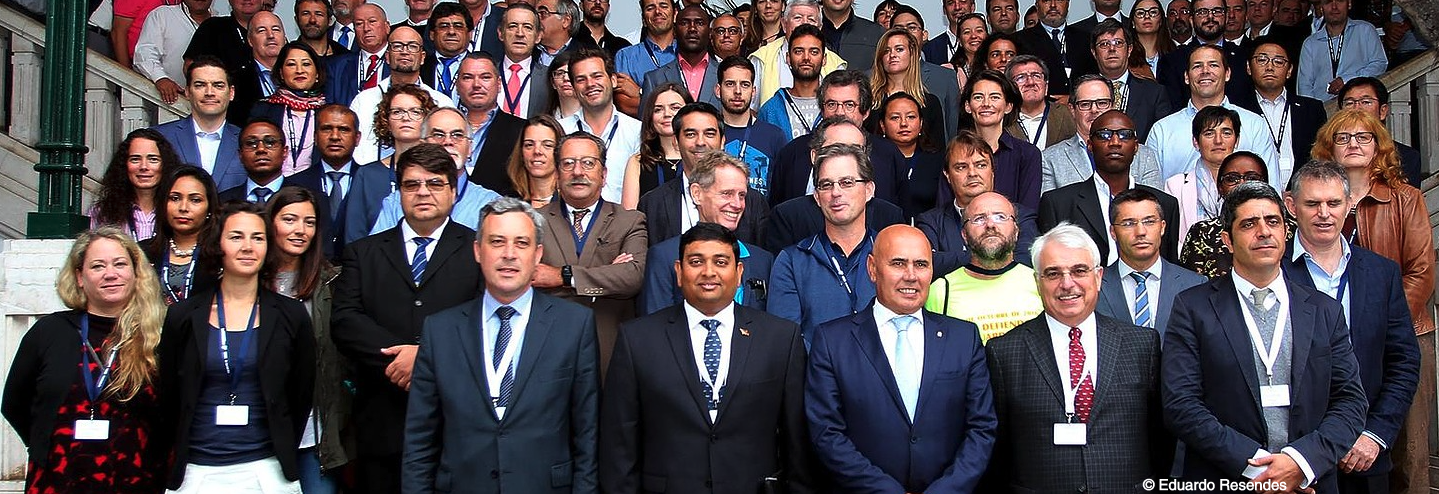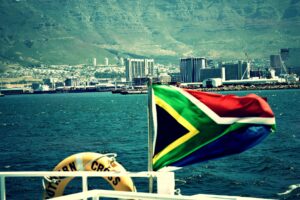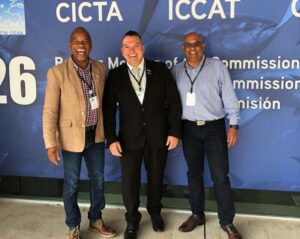The Azores Declaration in Support of One-by-One Tuna Fisheries establishes definitive commitment to ensure a sustainable and equitable future for fisheries as well as to prioritise the needs of associated communities and cultures
Hosted by the Government of the Azores’ Regional Secretariat for the Sea, Science and Technology and the International Pole & Line Foundation, the world’s first international one-by-one tuna fisheries conference concluded with participants issuing The Azores Declaration in Support of One-by-One Tuna Fisheries.
We the participants of the world’s first One-by-One Tuna Fisheries Conference co-hosted by the Government of the Azores and the International Pole & Line Foundation, held in Faial Island, from the 16th to the 17th of October 2017 issue the following Declaration in support of
One-by-One Tuna Fisheries.
Considering that:
Tunas are emblematic highly migratory species distributed across entire oceans
and play a key role to ensure a healthy and robust pelagic marine ecosystem.
The one-by-one fishing techniques for tuna are characterized as being small-scale, selective
and sustainable, and are practiced by coastal communities throughout the world.
One-by-one tuna fisheries support livelihoods in coastal communities throughout the
world, providing jobs, nutrition, and form part of the social fabric and culture.
One-by-one tuna fisheries are characterised by local ownership, fishing closer to shore and
for shorter lengths of time, which contributes to securing decent working conditions and lowering the risk of human rights abuses.
Tuna species are under increasing pressure that goes beyond the socio-economic or environmental issues. The exploitation rates of some species are unsustainable and the coastal communities that depend on these species are at risk.
One-by-one tuna fisheries often lack the influence and resources to ensure their rights
and interests are protected by national, and international decision makers.
Global seafood markets increasingly demand verifiable sustainable seafood products.
While the one-by-one tuna fisheries meet environmental and social criteria, economic
constraints and geographic challenges limit their involvement in certification schemes or improvement projects.
Global initiatives including the United Nations Sustainable Development Goals (SDGs)
and the FAO Voluntary Guidelines for Small Scale Fisheries emphasise taking a social sustainability approach to fisheries development.
The participants of the world’s first One-by-One Tuna Fisheries Conference co-hosted by the Government of the Azores and the International Pole & Line Foundation, hereby call for:
Sustainability to be approached in a holistic manner that acknowledges the environmental,
social and economic characteristics of fisheries and the people involved.
The socio-cultural heritage of one-by-one tuna fisheries to be respected and supported.
The economic, social and cultural rights of women to be addressed, strengthened and
protected to enable them to participate fully in, and benefit from one-by-one tuna fisheries.
The One-by-one tuna fisheries to have a valid stake in the resources that is valued and protected.
One-by-one tuna fisheries to have their position represented and reflected in fisheries management at all levels.
One-by-one tuna fisheries to have a valid place in the global marketplace and its
participation encouraged and not discriminated against or presented with barriers to market.
We, the undersigned, agree to:
Work towards sustainable and equitable tuna fisheries and to address the needs of the one-by-one tuna fisheries.
Use our collective voice to raise the profile of these fisheries with relevant decision
makers, throughout supply chains, and to consumers to ensure these fisheries can thrive
for generations to come.
Take action to support the one-by-one tuna fisheries and the associated communities and marine environments linked to them.




